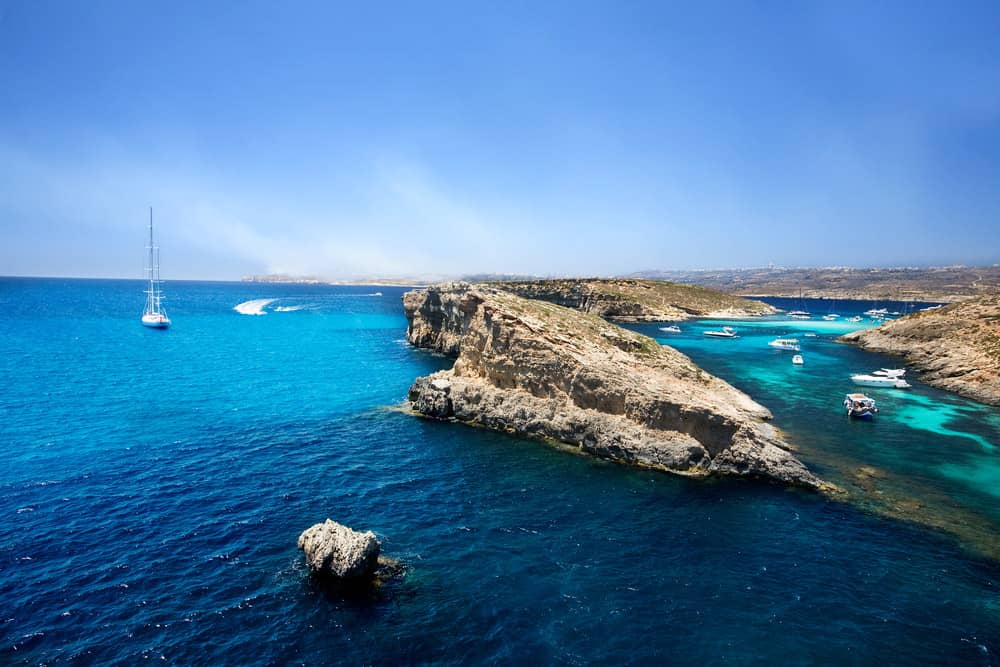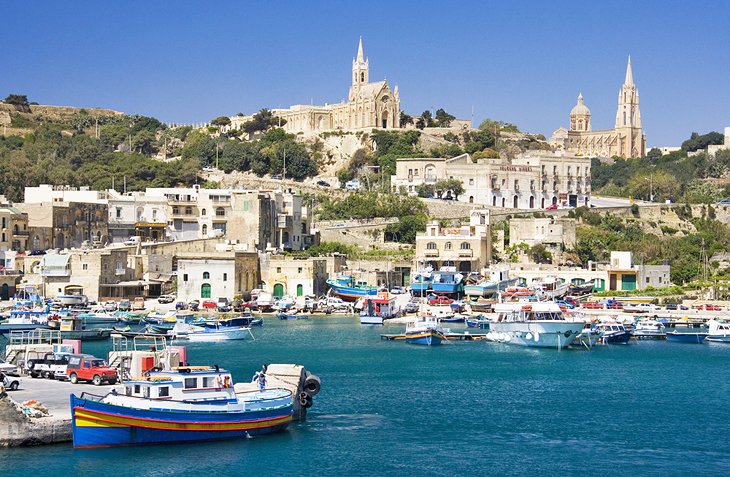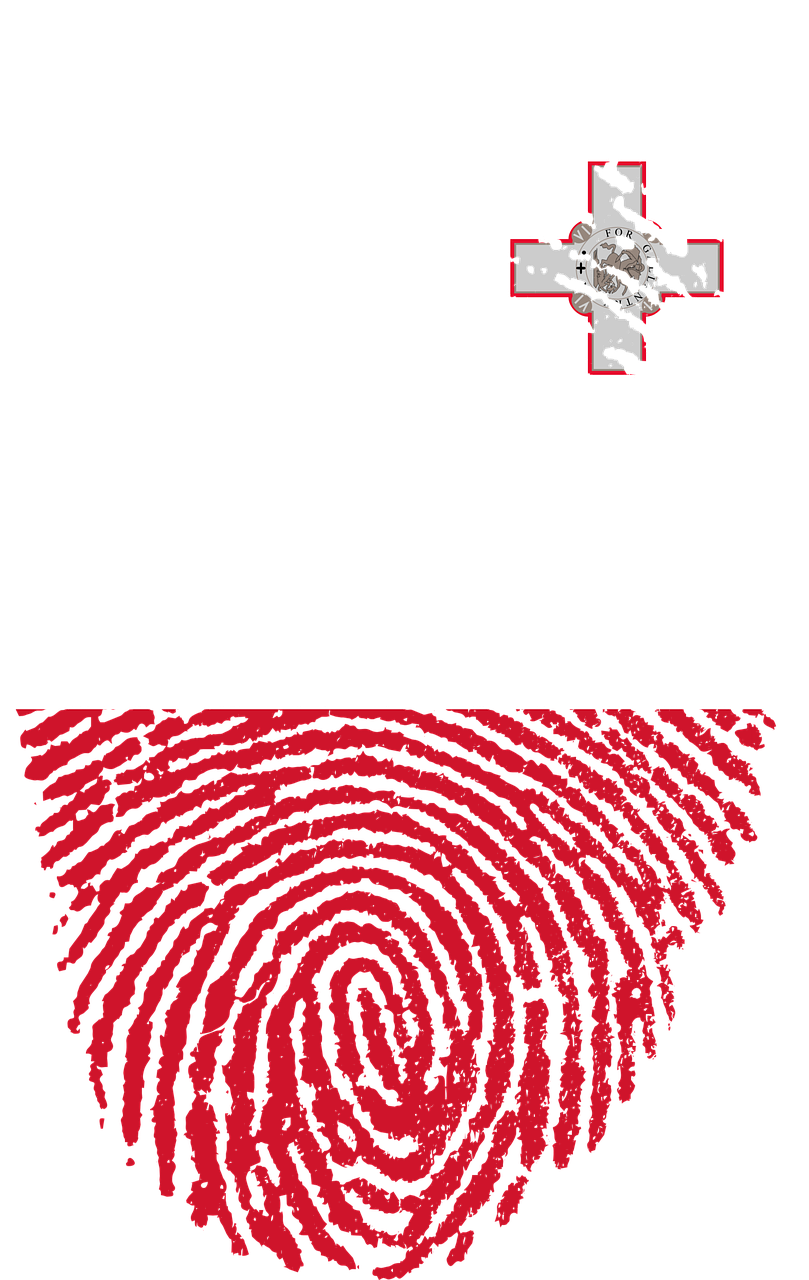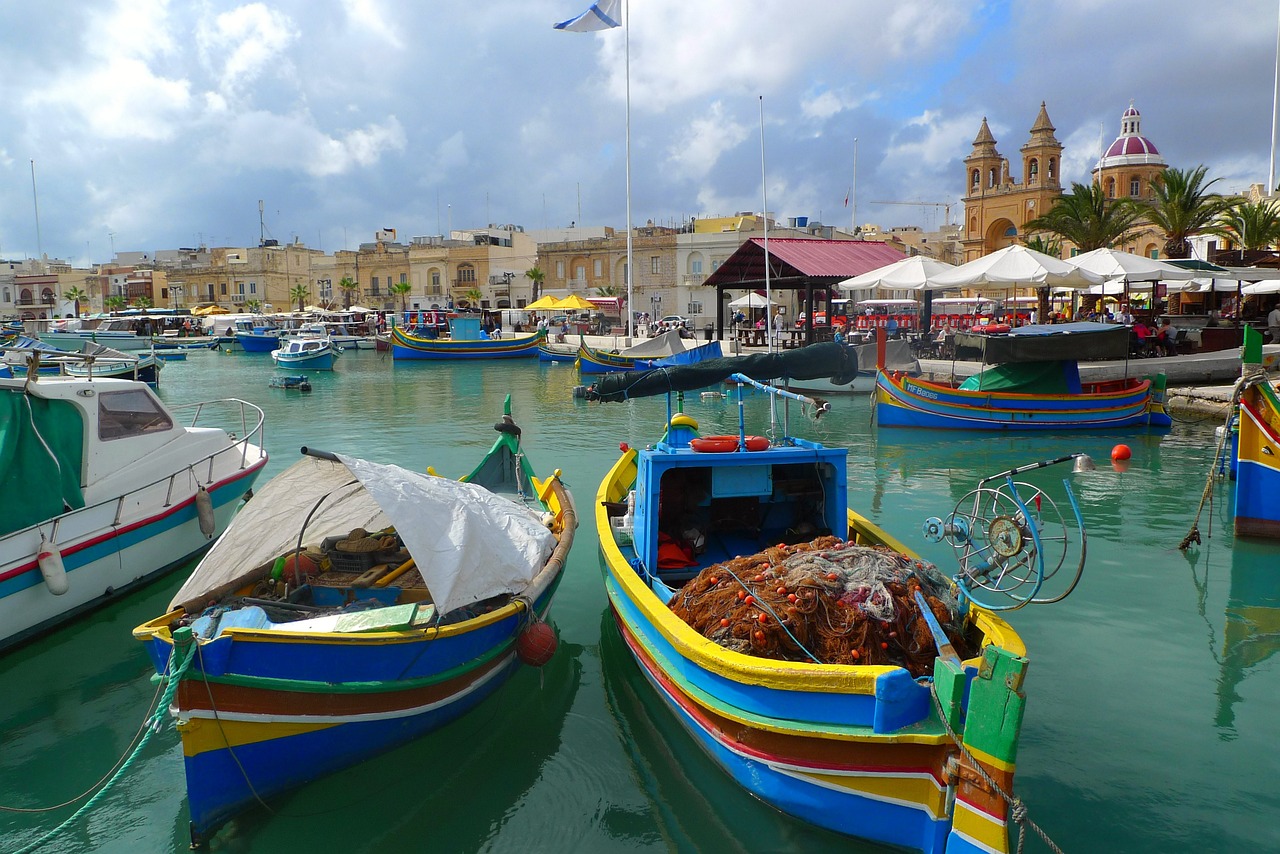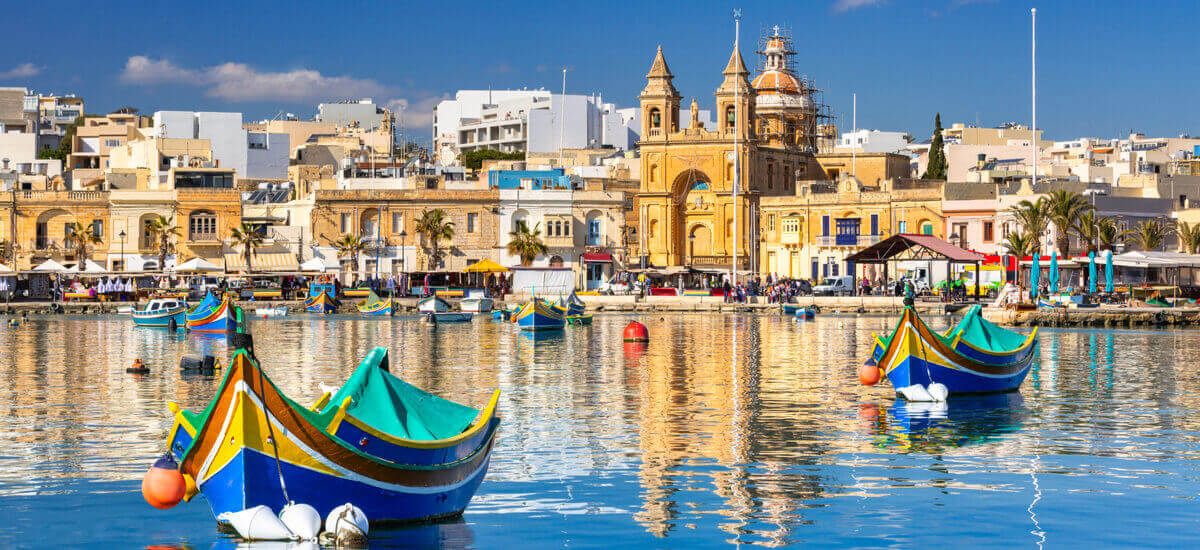Are you seeking the ultimate freedom to live and work in a vibrant European country? Look no further than Malta, a haven for expats offering a comprehensive range of residence permits. With its breathtaking landscapes, rich history, and thriving economy, Malta provides the perfect backdrop for your new life. This complete guide will take you through the various types of residence permits available, including the Malta Residence Programme, the Malta Global Residence Programme, and employment-based permits in sectors such as finance, gaming, and aviation. Discover the tax advantages and benefits of each program, whether you are a retiree with a pension or a self-sufficient individual. We will also explore the golden visa program for non-EU nationals. Stay tuned as we delve into the intricate details of Malta’s residence permits, providing you with all the information you need to embark on your journey to freedom and fulfillment in this remarkable Mediterranean gem.
Key Takeaways
- Malta offers a comprehensive system of residence permits for both EU/EEA/Swiss nationals and non-EU nationals.
- The Malta Residence Programme is the main residence permit option and requires fluency in English or Maltese, a clean criminal record, financial self-sufficiency, and property ownership or rental.
- There is a separate Malta Global Residence Programme for non-EU nationals, which is similar to the Residence Programme.
- Employment-based residence permits are available in the financial services, online gaming, and aviation sectors and have specific requirements such as an approved job title, minimum salary, qualifications and professional experience, and health insurance.
Types of Residence Permits
There are various types of residence permits available in Malta, including the Malta Residence Programme, the Malta Global Residence Programme, employment-based residence permits, the Malta Retirement Programme, the Malta Residence Permit for a Self-Sufficient Person, and the Malta Residence and Visa Programme (golden visa). Employment-based residence permits are specifically designed for individuals working in the financial services, online gaming, and aviation sectors. These permits require an approved job title, a minimum salary, qualifications and professional experience, and health insurance. On the other hand, the Malta Residence and Visa Programme, commonly known as the golden visa, is aimed at non-EU nationals who are willing to invest in government bonds and make a contribution to Maltese development. This programme also requires property ownership or rental. These different types of residence permits offer expats the flexibility to choose the one that best suits their specific needs and circumstances.
Tax Advantages and Residency
The tax advantages associated with obtaining residency in Malta can offer expatriates a favorable financial situation, akin to a golden opportunity. Expats who meet the residence permit requirements can benefit from the following Malta tax benefits:
-
Remittance-based tax system: Malta operates a remittance-based tax system, which means that individuals are only taxed on income sourced in Malta and funds remitted to the country. This provides expats with the opportunity to minimize their tax liabilities.
-
Flat tax rate: Malta offers a flat tax rate for income sourced in the country and funds remitted to Malta. This provides expats with a predictable and potentially lower tax burden compared to other countries.
Expats seeking freedom and financial advantages can consider Malta’s residence permits, which provide access to these tax benefits and contribute to a favorable financial situation.
Retirement and Self-Sufficiency Programs
Retirement and self-sufficiency programs in Malta cater to individuals looking to secure their financial independence and enjoy a comfortable lifestyle in their later years. For retirees with a majority income from a pension, the Malta Retirement Programme offers an attractive option. Requirements include being 18 years old, having 75% pension income, and limited time spent in another jurisdiction. On the other hand, the Malta Residence Permit for a Self-Sufficient Person is suitable for digital nomads, entrepreneurs, and retirees without a pension. To qualify, applicants must demonstrate a bank balance or regular income, possess private health insurance, and have resided in Malta for at least two months. Both programs offer a range of benefits, such as a favorable tax system and the opportunity to live and work in a vibrant European country. Additionally, Malta’s investment options through the Malta Residence and Visa Programme provide an alternative route for non-EU nationals to secure residence and enjoy the benefits of the Maltese lifestyle.
Frequently Asked Questions
Can non-EU nationals apply for residence permits in Malta under the Malta Residence Programme or Malta Global Residence Programme?
Non-EU nationals can apply for residence permits in Malta under the Malta Residence Programme or Malta Global Residence Programme. These programs offer benefits such as tax advantages, but also have drawbacks such as specific requirements and investments. Digital nomads and entrepreneurs can benefit from the Malta Residence Permit for a Self-Sufficient Person.
Are there any restrictions on the types of jobs that qualify for employment-based residence permits in the financial services, online gaming, and aviation sectors?
Restrictions on job types in Malta’s employment-based residence permits vary by sector. In the financial services, online gaming, and aviation sectors, specific job titles, minimum salaries, qualifications, professional experience, and health insurance are required. These permits aim to attract skilled professionals without negatively impacting the local job market.
Can digital nomads and entrepreneurs apply for the Malta Residence Permit for a Self-Sufficient Person without having a bank balance or regular income?
Digital nomads and entrepreneurs can apply for the Malta Residence Permit for a Self-Sufficient Person even without a bank balance or regular income. However, they must provide proof of two months of previous residence in Malta and have private health insurance.
What are the specific requirements for non-EU nationals to qualify for the Malta Residence and Visa Programme (golden visa)?
Non-EU nationals can qualify for the Malta Residence and Visa Programme (Golden Visa) by meeting requirements such as making an investment in government bonds, contributing to Maltese development, and owning or renting property. This program offers advantages for non-EU nationals seeking residence in Malta.
How does the remittance-based tax system work in Malta for individuals who are considered tax residents?
The remittance-based tax system in Malta allows individuals who are considered tax residents to only pay taxes on income sourced in Malta and funds remitted to Malta. Tax residency requirements include factors such as primary place of abode, physical presence, and intention to be a resident.








